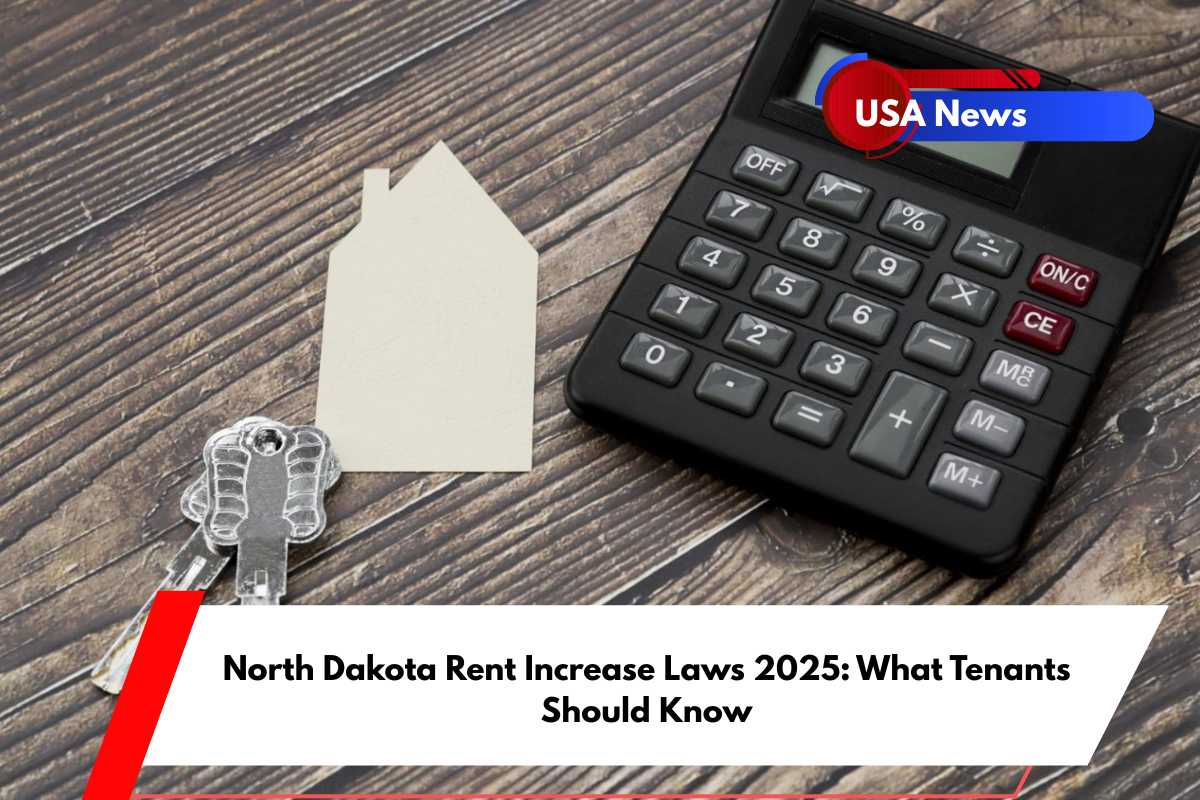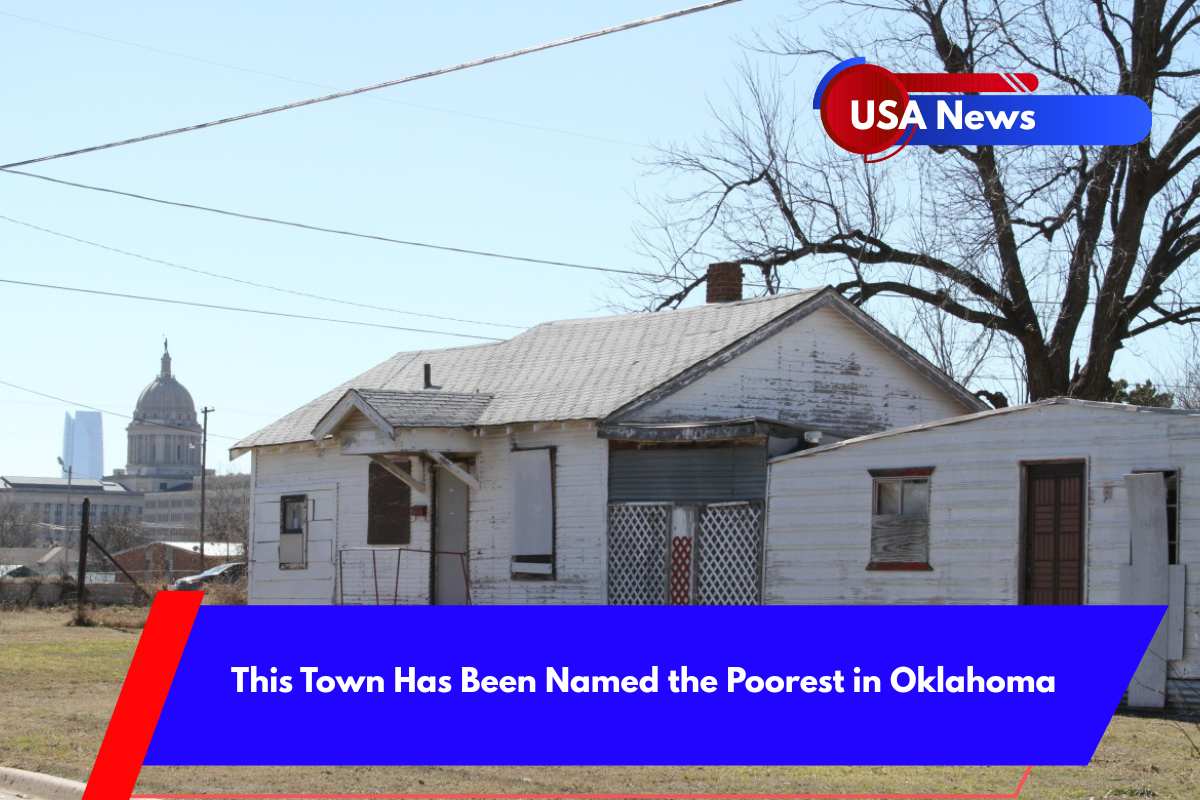If you are renting a property in North Dakota, it’s essential to know the rules around rent increases. In 2025, North Dakota does not have statewide rent control, meaning there is no law that limits how much a landlord can increase rent.
However, there are specific guidelines about when and how landlords can raise rent, and tenants have rights to protect them in these situations. Here’s a comprehensive guide on how rent increases work in North Dakota, including the notice requirements and tenant rights.
No Statewide Rent Control in North Dakota
North Dakota does not have any statewide rent control laws in place. This means there is no set cap on how much a landlord can raise rent for residential properties. As a result, landlords can increase rent by any amount, but they must follow the proper legal procedures to do so.
When and How Rent Can Be Increased
Rent increases in North Dakota follow certain rules based on the type of lease you have. The most common types of leases are month-to-month leases and fixed-term leases (such as a one-year lease).
Month-to-Month Leases
For month-to-month leases, landlords must give tenants at least 30 days’ written notice before a rent increase takes effect. Rent can only be increased once every 12 months for periodic leases. There is no limit to how much the rent can be increased, but landlords must follow the required notice period.
Fixed-Term Leases
Rent cannot be increased during the term of a fixed-term lease. If you are on a one-year lease, for example, the rent will remain the same throughout the lease period. However, rent can be increased when the lease is renewed or if the lease transitions to a month-to-month tenancy. Again, there is no limit to how much the rent can be raised, but the proper notice must be given.
Mobile Home Park Tenants
For tenants living in mobile home parks, landlords must provide a 90-day notice before increasing rent. This is a longer notice period compared to other types of rentals.
Legal Protections and Tenant Rights
While landlords in North Dakota are allowed to raise rent without needing to justify the increase, tenants still have rights that protect them from unfair practices.
Proper Notice
Landlords must provide written notice stating the new rent amount and the effective date of the increase. If a landlord fails to provide the correct notice, the rent increase cannot be enforced.
No Justification Required
Landlords are not required to give a reason or justification for raising the rent. However, they must follow the legal procedure of giving the appropriate notice.
Discrimination Prohibited
Landlords cannot increase rent based on discriminatory reasons, such as race, religion, gender, or any other protected class under state and federal law. If a tenant feels that a rent increase is discriminatory, they can challenge it in court.
Unconscionable Lease Terms
In some cases, lease terms that are excessively unfair or oppressive may be challenged in court. If a rent increase is deemed unconscionable (e.g., unreasonable or extreme), it may not be enforceable.
Tenant Response
If you receive a rent increase notice that you do not agree with, you can choose to terminate your lease by giving a 25-day written notice. This notice must be provided before the end of the month if you do not want to accept the new terms.
Sources:
1. https://www.hemlane.com/resources/north-dakota-rent-control-laws/
2. https://innago.com/north-dakota-landlord-tenant-laws/
3. https://www.steadily.com/blog/how-much-can-a-landlord-raise-rent-in-north-dakota













